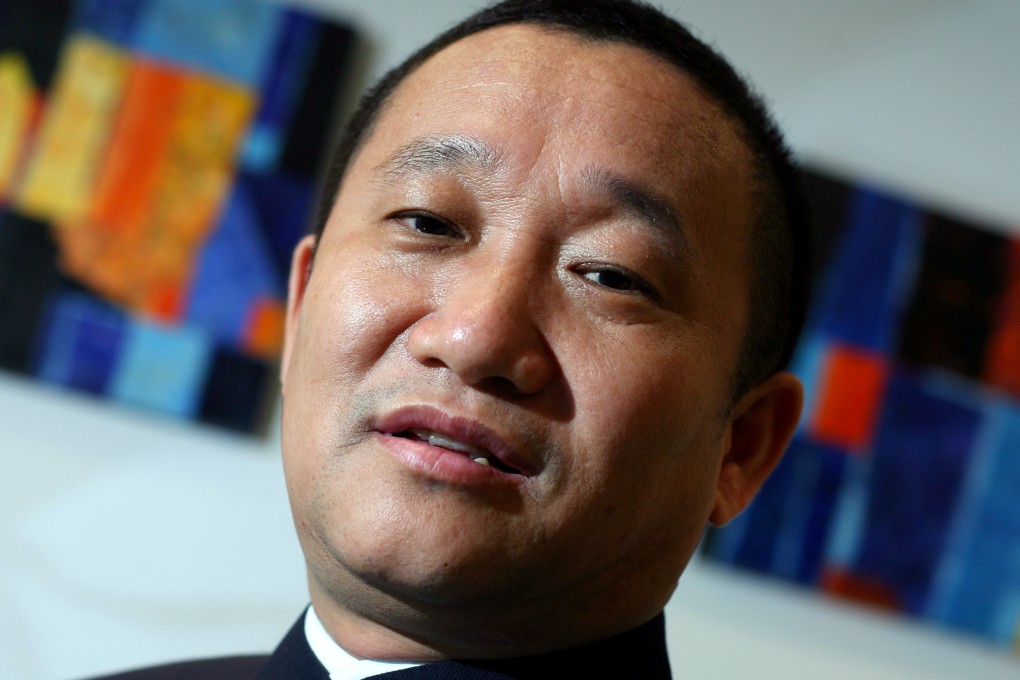Aluminium products maker China Zhongwang hit with book-cooking and fraud allegations
Extruded products maker China Zhongwang says short seller's claims are groundless and auditors have never cast doubt on statements

China Zhongwang Holdings, which raised HK$9.8 billion from an initial public offering in Hong Kong in 2009, is fighting allegations from an unknown short seller, Dupre Analytics, that chairman Liu Zhongtian and his family have been siphoning money from the company.
Zhongwang suspended its share trading on Friday after Dupre published the report and said in a stock exchange filing the allegations were "groundless", adding its external auditors had never cast doubt on its financial statements since its listing.
In the 51-page report, Dupre said Liu and his family were committing "the largest and most complex China fraud ever uncovered" and have "systematically defrauded investors, [fabricated] at least 62.5 per cent of revenue since 2011 and likely skimming billions of [capital expenditure] from the delayed [production facility] in Tianjin".
Liaoning-based Zhongwang, which describes itself as "the second largest industrial aluminium extrusion products developer and manufacturer in the world and the biggest one in Asia", said it would make an announcement to make further clarification on Dupre's allegations.
Dupre's scathing report alleged that Liu and parties related to him took out some HK$36.5 billion in loans from mainland banks, and used the funds to buy Zhongwang's aluminium products since 2011.
It's like taking a new car, melting it down, and selling it as steel
According to Dupre, since 2011, some HK$38.5 billion of Zhongwang's revenues has been "fraudulent sales to Liu-controlled undisclosed related parties". Dupre said that based on its research, it believes the company is ultimately responsible for the loans but that it only found explicit undisclosed debt guarantee by Zhongwang on debts of HK$625 million owed by Cheng Wang Renhe, allegedly a related party supplier of Zhongwang.